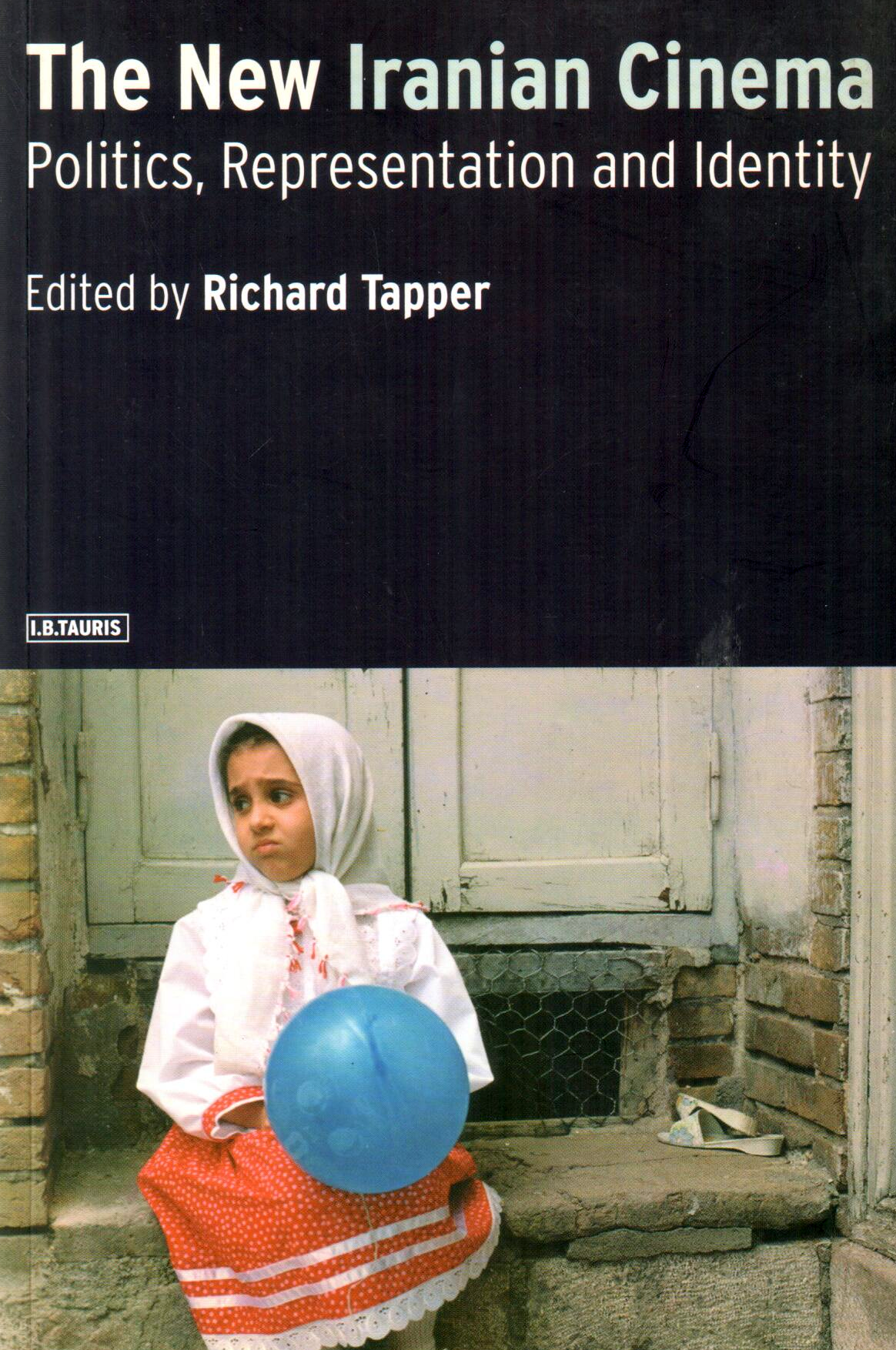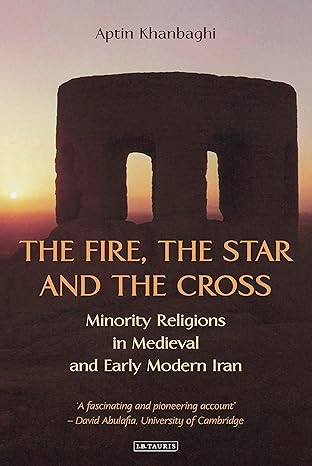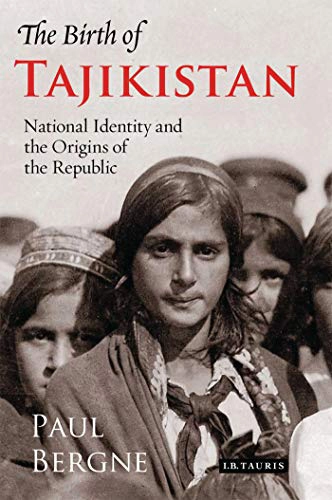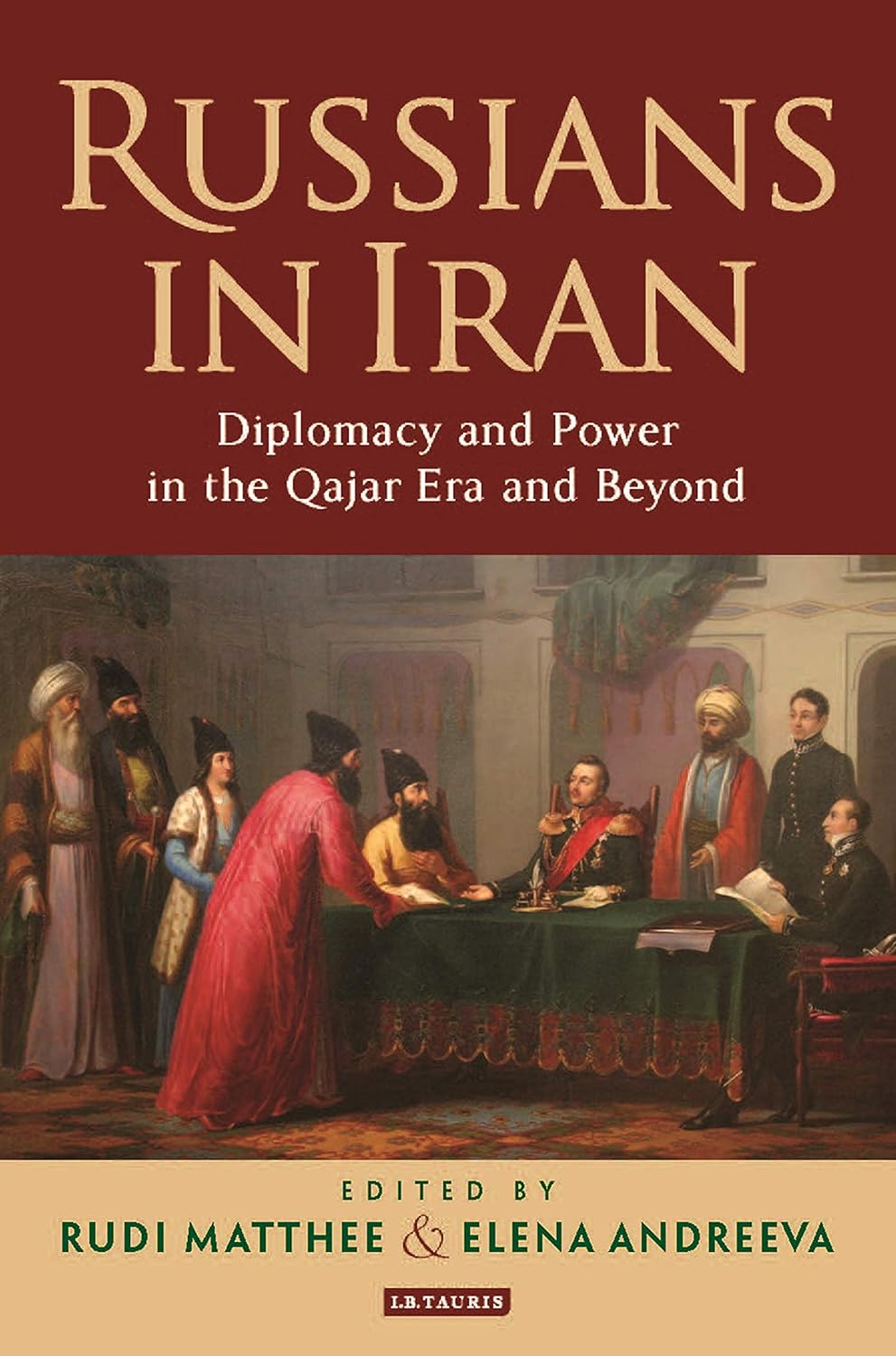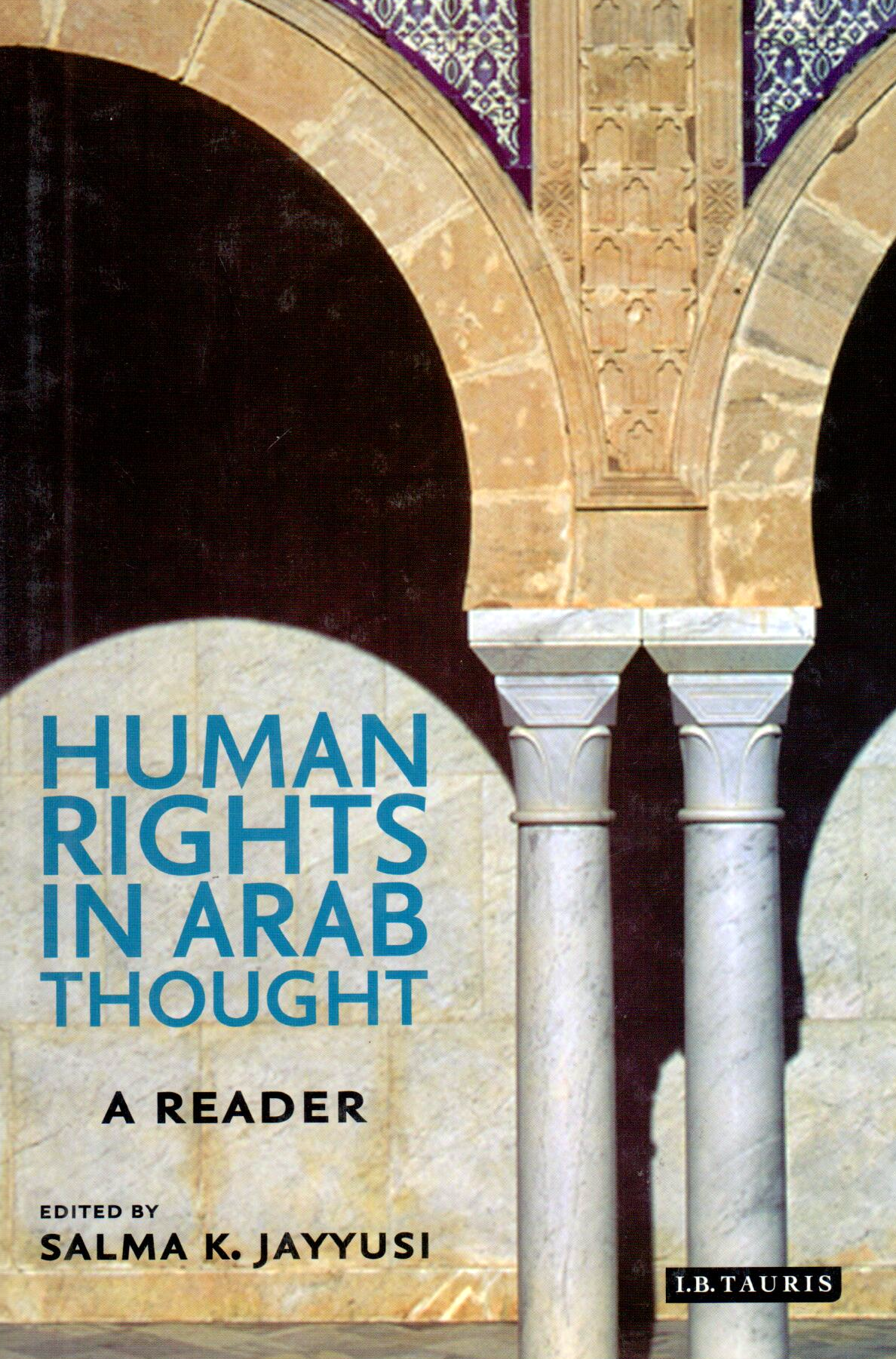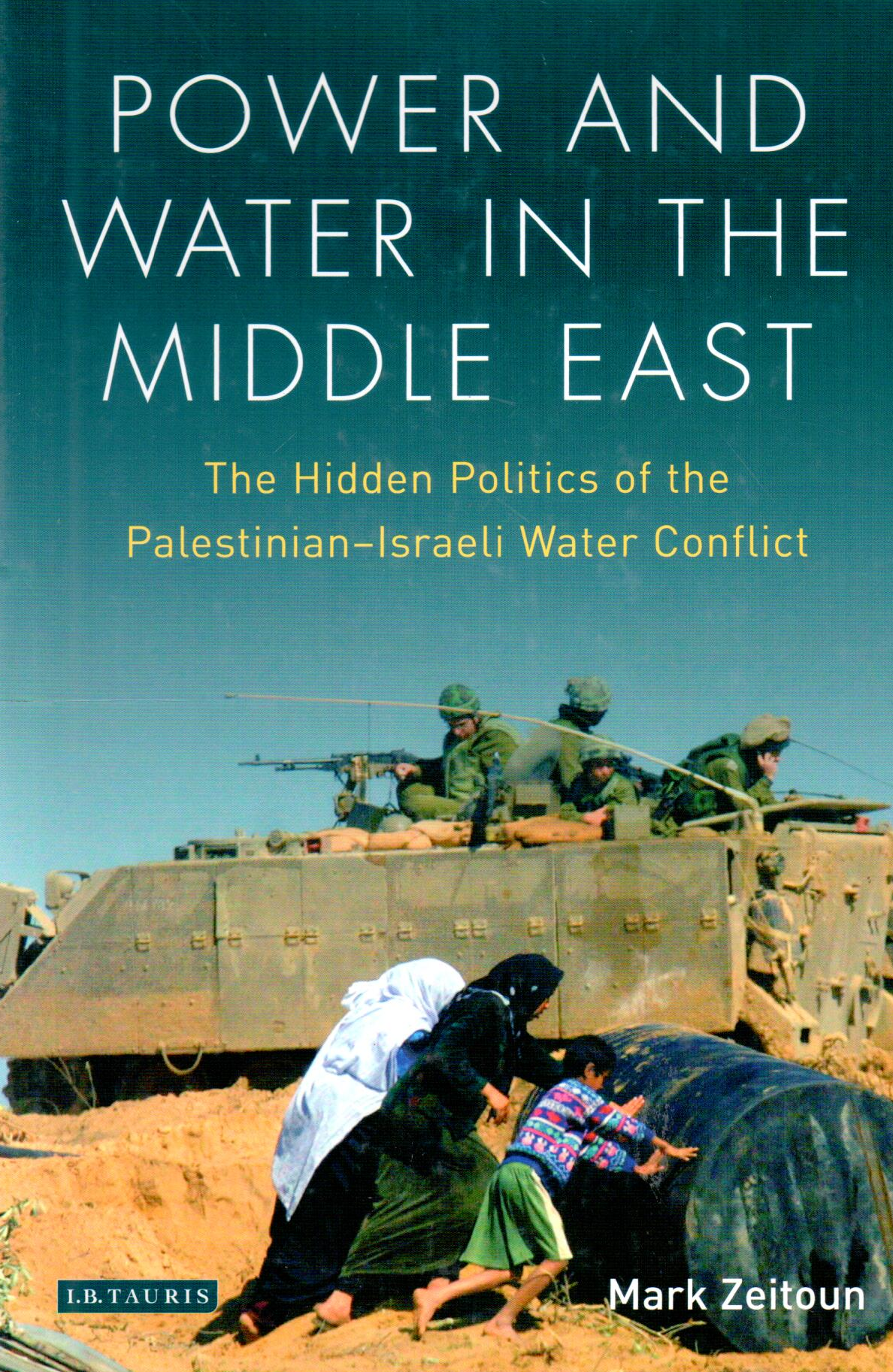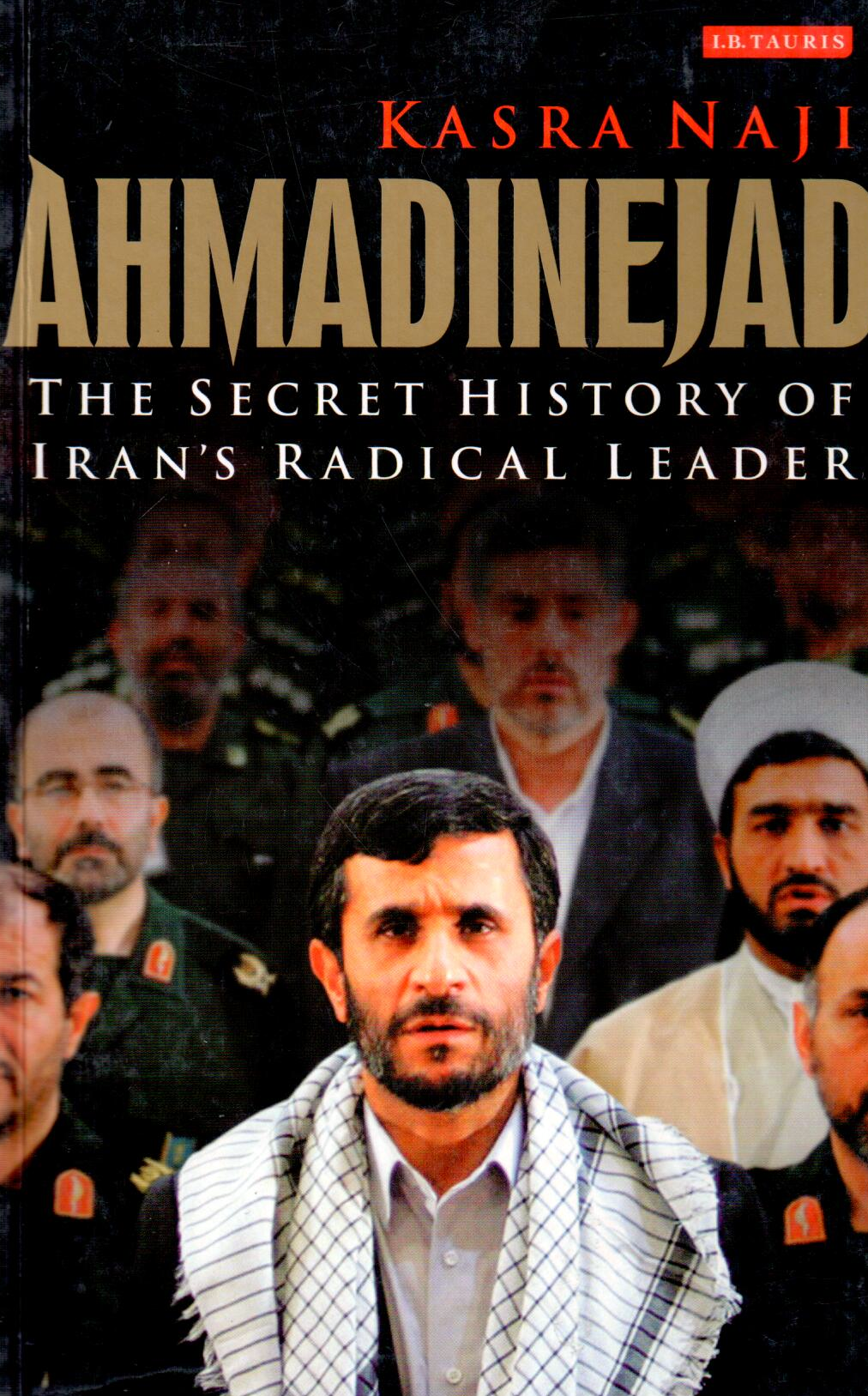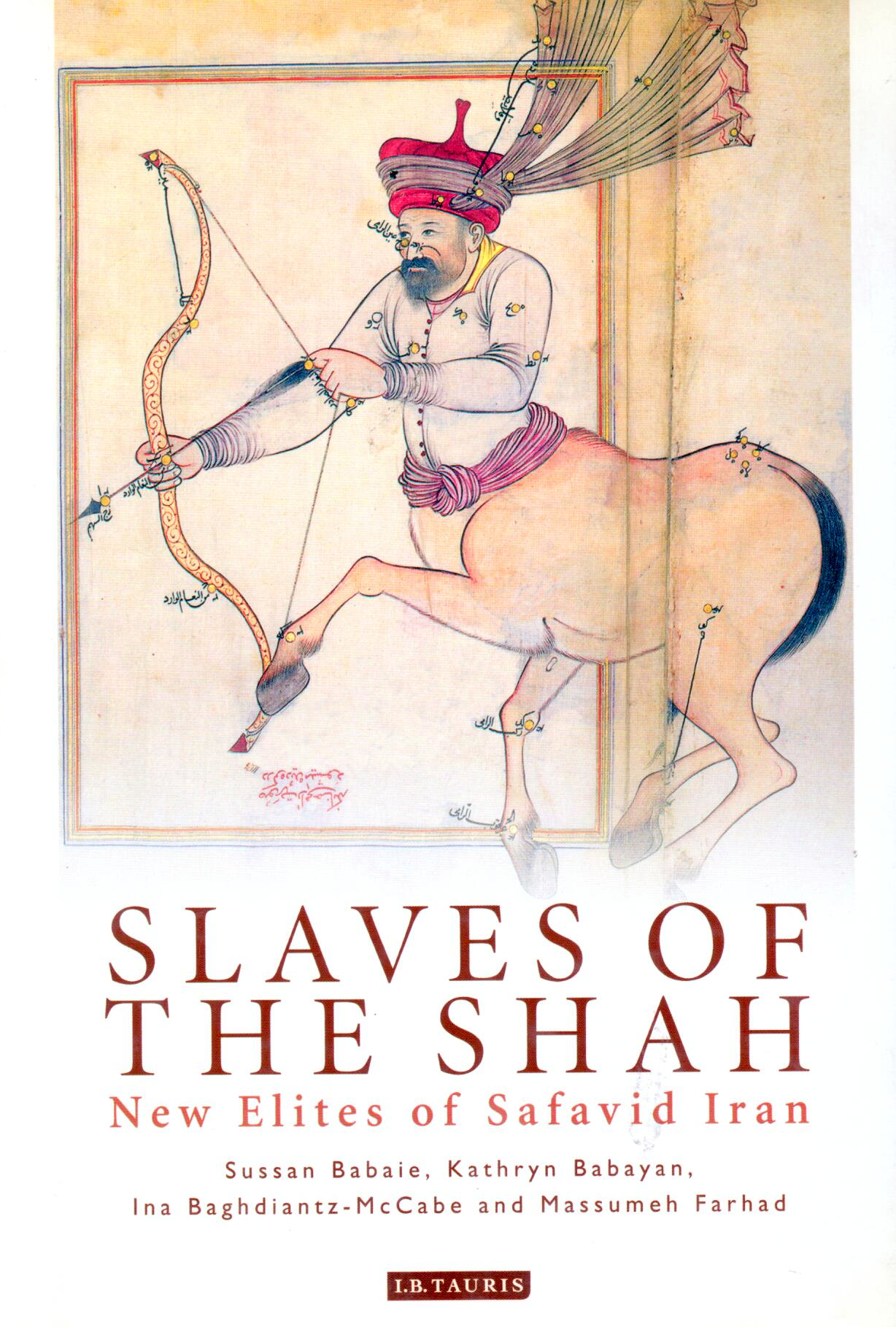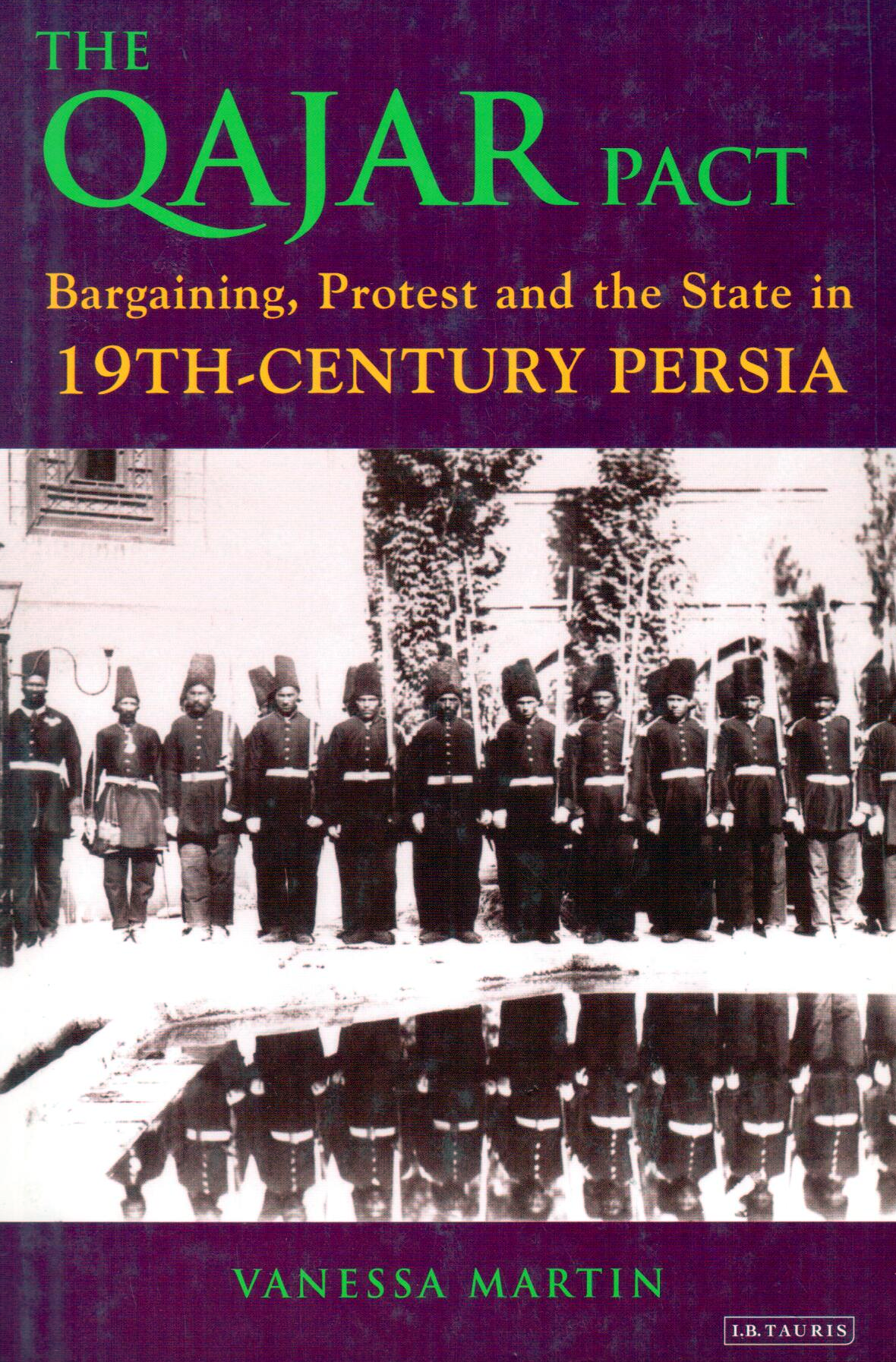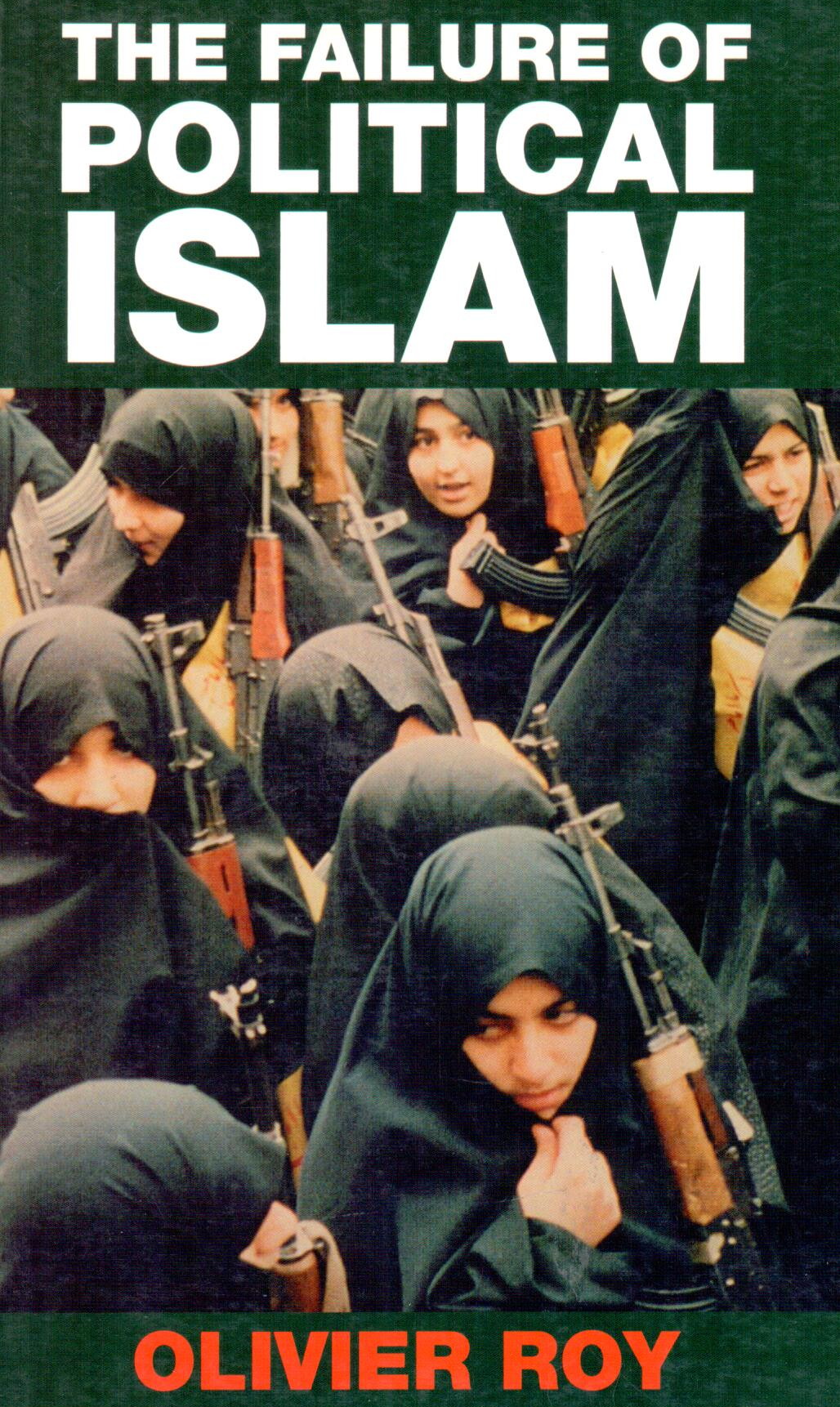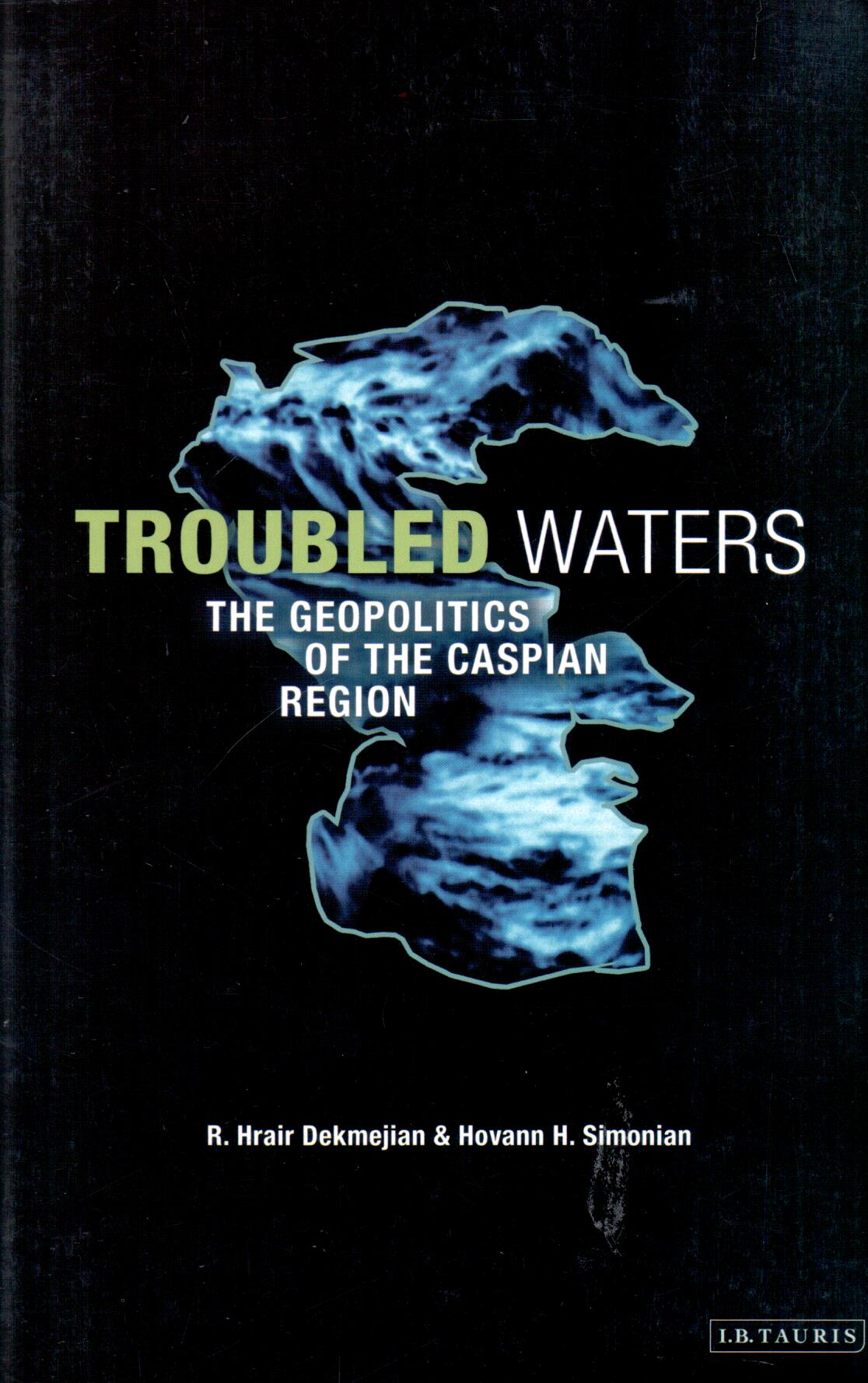سینمای جدید ایران Den nya iranska filmen: سیاست، بازنمایی و هویت politik, representation och identitet i Iran الإنجليزية 1423
The New Iranian CinemaPolitics, Representation and Identity
Iranian cinema is today widely recognized not merely as a distinctive national cinema, but as one of the most innovative in the world. Established masters like Abbas Kiarostami and Mohsen Makhmalbaf have been joined by newcomers like Samira Makhmalbaf, Majid Majidi, Ja'far Qobadi and Bahman Qobadi, all directors whose films are screened to increasing acclaim in international festivals. This international stature both fascinates Western observers and appears paradoxical in line with perceptions of Iran as anti-modern. The largely Iranian contributors to this book look in depth at how Iranian cinema became a true 'world cinema'. From a range of perspectives, they explore cinema's development in post Revolution Iran and its place in Iranian culture.
سینمای ایران امروز نهتنها بهعنوان یک سینمای ملی متمایز، بلکه بهمثابه یکی از نوآورانهترین سینماهای جهان بهطور گسترده شناخته میشود. استادان تثبیتشدهای چون عباس کیارستمی و محسن مخملباف، اکنون در کنار نسل تازهای از فیلمسازان مانند سمیرا مخملباف، مجید مجیدی، جعفر پناهی و بهمن قبادی قرار گرفتهاند؛ کارگردانانی که آثارشان با تحسین روزافزون در جشنوارههای بینالمللی به نمایش درمیآید.
این جایگاه جهانی، از یک سو ناظران غربی را مجذوب میکند و از سوی دیگر، در تقابل با تصویر رایج از ایران بهعنوان جامعهای ضدمدرن، حالتی paradoxical به نظر میرسد. نویسندگان این کتاب که عمدتاً ایرانی هستند، بهطور عمیق بررسی میکنند که چگونه سینمای ایران به یک «سینمای جهانی» واقعی بدل شده است. آنان از دیدگاههای گوناگون، روند شکلگیری سینما در ایران پس از انقلاب و جایگاه آن در فرهنگ ایرانی را واکاوی میکنند.
Iransk film erkänns i dag i bred utsträckning inte enbart som en särpräglad nationell filmtradition, utan som en av världens mest innovativa filmkulturer. Etablerade mästare som Abbas Kiarostami och Mohsen Makhmalbaf har fått sällskap av en ny generation filmskapare såsom Samira Makhmalbaf, Majid Majidi, Ja’far Panahi och Bahman Qobadi – regissörer vars filmer visas med allt större internationellt erkännande på filmfestivaler världen över.
Denna internationella ställning fascinerar västerländska betraktare och framstår samtidigt som paradoxal i ljuset av föreställningar om Iran som antimodernt. Bokens bidragsgivare, till största delen iranier, analyserar ingående hur den iranska filmen utvecklades till en verklig ”världsfilm”. Ur en rad olika perspektiv undersöker de filmens utveckling i Iran efter revolutionen och dess plats i den iranska kulturen.

